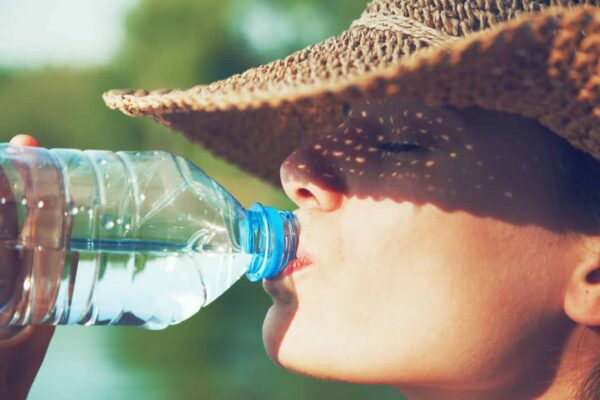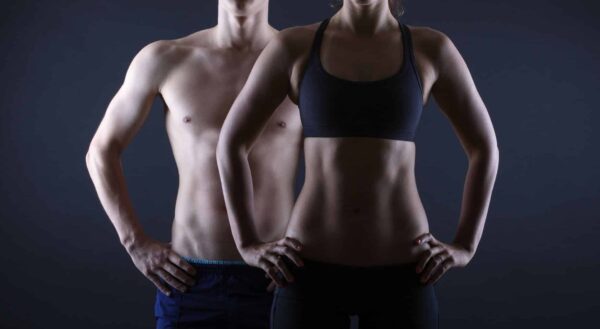Water is obviously important. If you stop drinking water, you will die. Aside from air, there is no more pressing need that your body has than the need for water. Unfortunately, a lot of people fail to understand why water is so essential, and because of this lack of understanding, many people drink much less water than their bodies need in order to function at peak performance. Our bodies are comprised largely of muscles and fatty tissue. Muscles are 75% water, and fatty tissue is 10% water. We also have water in our skin, organs, and blood. Water allows our bodies to perform even the simplest of tasks. If we are even mildly dehydrated, we experience weakness, fatigue, dizziness, and an electrolyte imbalance.
Symptoms of Dehydration
By the time you feel thirsty, you are already dehydrated. It’s important to drink water throughout the day so you can stay ahead of your thirst. When your body is dehydrated, it impacts your strength and your general mood. When we have enough water, our muscles can perform at their peak and we can perform intense tasks like exercise. One big way that water affects the body is through the function of our kidneys. Our kidneys filter our blood, removing waste, balancing our electrolytes, and producing urine. When our kidneys are able to function properly and excrete urine easily, our bodies remain cleansed. When the kidneys are less functional, aka when we are dehydrated, they are less effective at removing this waste. One way to know if you are drinking enough water is to check your urine. If it is clear or a light yellow, you are getting enough water in your diet. If it is dark yellow, it’s time to drink more H20. But it’s not just the scientific processes of the body that benefit from ample water consumption. Drinking enough water can also help prevent headaches and joint pain. It can assist in the weight loss process, and it can even help ward off cancer.

How Much Do I Need?
Each person needs a different amount of water depending on their height, weight, activity level, and other factors. On average, women should consume 91 oz. (2.6 liters) and men should consume 125 oz. You should drink more water than this whenever you perform rigorous activities. To get a more specific estimate of how much extra water is needed for a specific activity, you can visit https://www.camelbak.com/HydrationCalculator.
Easy Ways to Drink More Water
When you consciously try to drink more water, it can be difficult at first. In order to achieve success, it’s important to find simple ways to incorporate more water into your daily routine. Try placing a 16 oz. glass of water next to your bed and on your bathroom counter before you go to sleep at night. Drink your bedside glass before you get out of bed in the morning, and drink the bathroom glass while you’re brushing your teeth and getting ready. That’s 32 oz. before you’ve even left the house! Throughout the day, you can make the thought of drinking water more appealing by adding fruit (like blueberries, watermelon, or lime) to your water.
Keep it in a big jug on your desk and drink a few sips every time you think about it. For a mid-day pick-me-up, you can have an ice-cold seltzer water with some fresh raspberries and mint. Also, try to drink a full glass of water before every meal and in the evening. Be advised, coffee and caffeinated sodas do not count toward this total. While they do technically contain water, they also act as diuretics, causing your body to release water. Are you interested in increasing your water intake? Our Nutrition Specialist can help design a plan to keep you hydrated and healthy.


